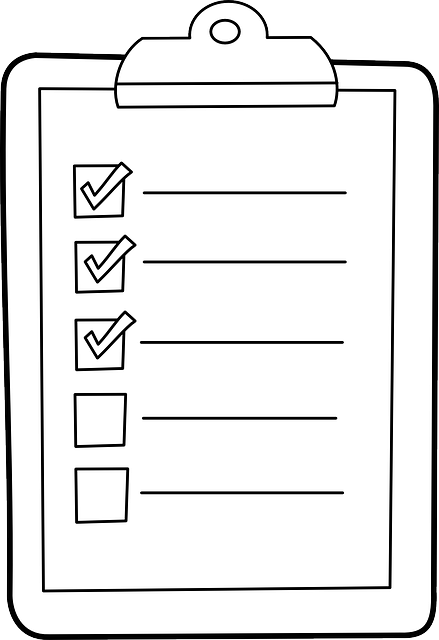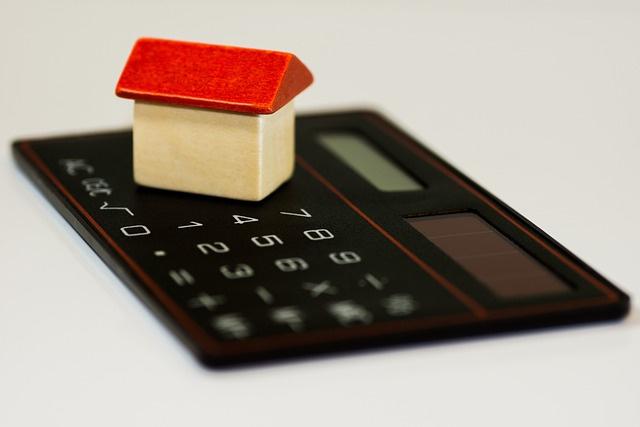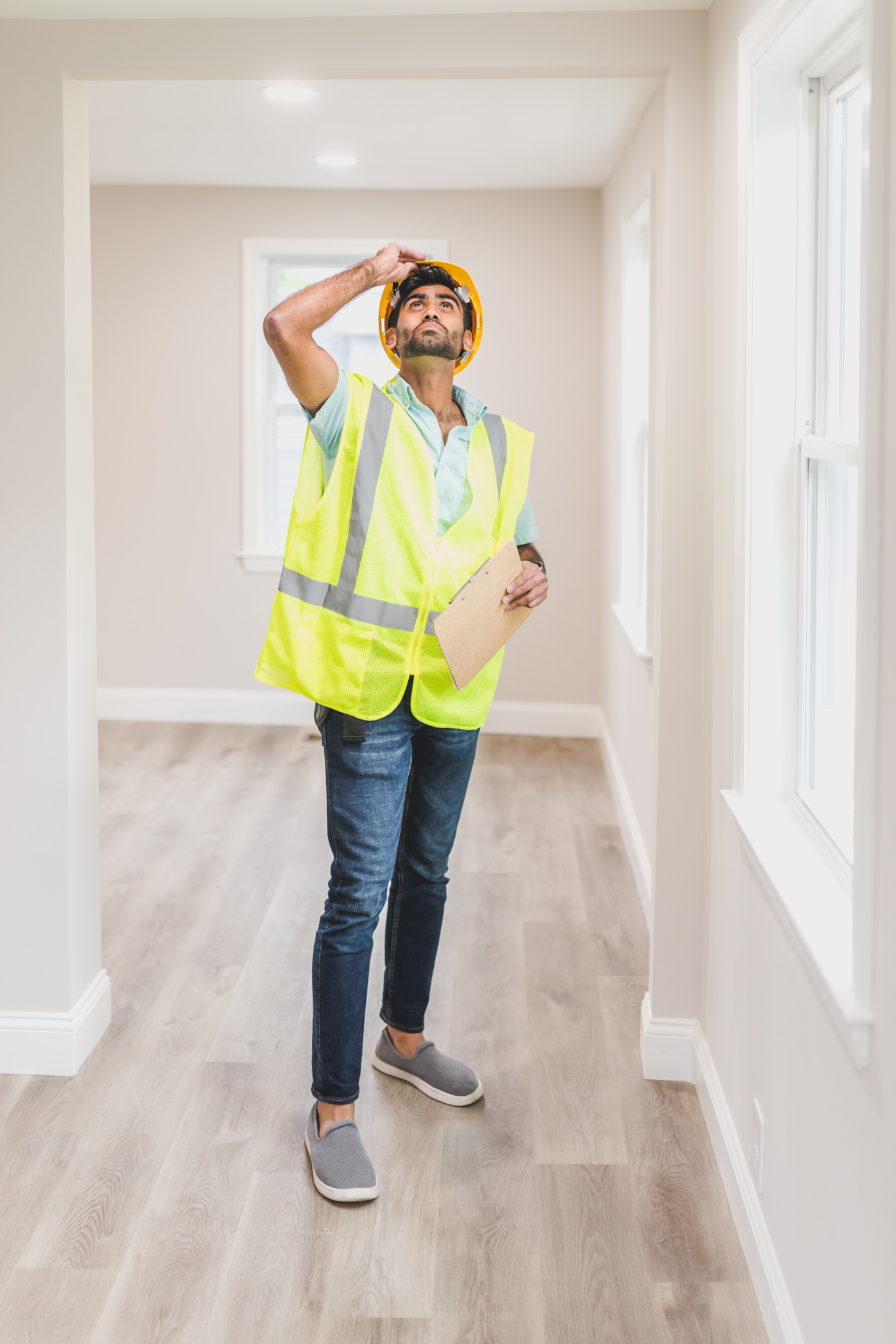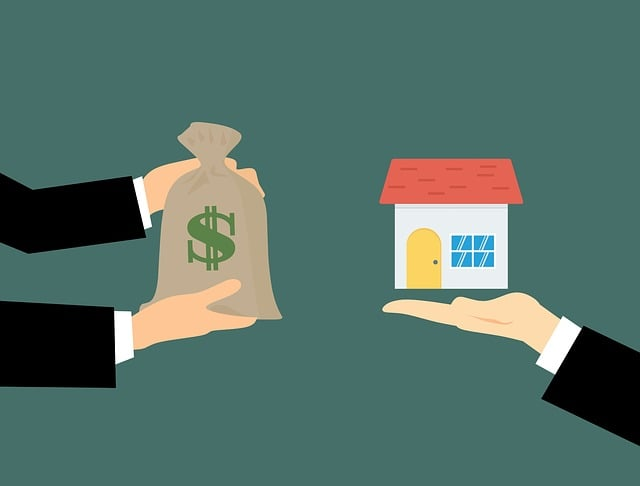Buying a house in the United States fulfills the American dream. It’s an incredible milestone,,, yet it can seem daunting and difficult for many. While there are many steps and potential hurdles along the way, it doesn’t have to feel like an impossible task.
In this article, we’ll walk you through the entire home buying process in the US, from the preparations to closing the deal.
So, wherever you’re considering purchasing property, whether it’s the neighborhoods of New England, the sun-soaked coastlines of California, or the star-studded New York City, your journey to homeownership begins here.
Let’s dive in.
Preparation is key!

Before you can start purchasing a home in the US, you need to get prepared. There are loans, budgets, and the difficult task of finding the right house.
In this section, we’ll guide you through these crucial steps to ensure you’re fully prepared for the exciting road ahead.
Make sure you’re ready.
While you may finally be able to buy your dream home, you need to be financially and physically ready. The decision to buy a home is a significant step, and the last thing you want to do is make an impulse purchase that doesn’t align with what you actually need.
So before we start, ask yourself the following questions and answer honestly…
- Are you financially prepared for the responsibilities of homeownership?
- Have you researched the local real estate market and identified potential areas of interest?
- Do you have a stable source of income to support monthly mortgage payments and other costs?
- Are you committed to the long-term investment that homeownership entails?
Owning a home is a long-term commitment, so you must ensure you’re in it for the long run. Don’t forget to factor in things like the age of your family and how homeownership may impact them.
Income And Employment Status

Your financial stability is incredibly important throughout the home-buying process. Especially if you will be making a mortgage application to secure the funds to make a purchase.
Lenders will assess your income and employment status to determine your eligibility for a mortgage. Be prepared to provide documents such as pay stubs and proof of your gross monthly income when you apply for a loan. This information gives lenders an understanding of your ability to make timely mortgage payments.
Check your credit score.
Your credit score is one of the most important factors that influences your mortgage eligibility and the interest rate you’ll receive. Obtain a copy of your credit report from a reputable credit bureau and review it for accuracy. Understand that different loan programs have varying credit score requirements. A higher credit score can lead to more favorable loan terms, so take steps to improve your score if necessary. It is wise to get started on this at least a year before you plan to buy a property.
Determine your budget and how much you can borrow.
Creating a realistic budget is essential before you start house hunting. There are costs that you will incur on a regular basis, while certain expenses, like closing costs, will be a one-off fee.
You also need to think about how your lifestyle costs will affect your ability to make these payments. If you already have significant debts for things like auto loans, then this will hamper your ability to borrow more against the purchase price of your property. So, be mindful of your debt-to-income ratio. If possible, pay off other debts before making the property purchase.
Some of the costs of homeownership that you need to be aware of include:
- Monthly mortgage payments
- Property taxes
- Homeowners Insurance
- Maintenance costs
- Regular bills (electricity, water, and so on)
- Emergency funds
- Closing costs
- Real estate agent fees
- Appraisal costs
- Down payment value
- Private mortgage insurance
Make a plan for the down payment.

Most home loans require a down payment, typically a percentage of the purchase price. It’s important to understand the minimum down payment required for the type of mortgage you’re seeking. If you can provide higher down payments, then you are likely to receive better mortgage rates as there will be reduced risk for lenders.
Research different mortgage lenders to find competitive options. If needed, explore down payment assistance programs that can provide financial support if you are struggling.
Create a housing budget.

Beyond the down payment, owning a home comes with ongoing expenses. As mentioned earlier, consider creating a comprehensive housing budget that includes insurance, monthly mortgage payments, maintenance costs, property taxes, and potential homeowners association (HOA) fees.
Once you have this list, you can calculate how much you can afford to spend on a property. Don’t forget you also need to factor in any renovation or purchases that you’ll need to make once you find the right property.
Create a wish list.

As you prepare to step into the housing market, it’s a good idea to outline your preferences and priorities for your future home. Think about the number of bedrooms, location, amenities, and any other specific features that are important to you. Use this wish list to select a local market to concentrate your search in.
Find the right mortgage for you.
Even before you find the right property, it’s a good idea to continue researching mortgage loans.
Choosing the right mortgage is incredibly important. So, research various types of mortgages, including conventional loans and government-backed options like FHA and VA loans.
Get in touch with mortgage brokers and lenders to obtain loan estimates. Make sure you compare the interest rates and terms to find a mortgage that is suitable for your financial position.
Understanding loans and the help available
Government-backed loan programs like FHA (Federal Housing Administration) and VA (Veterans Affairs) loans can provide eligible buyers with more accessible paths to homeownership. FHA loans, for instance, often have lower credit score requirements and down payment options. VA loans are tailored to veterans and eligible service members, offering competitive terms and flexible criteria.
Find a real estate agent.
Understanding real estate can be challenging, especially if you’re unfamiliar with the local market. A qualified real estate agent with knowledge of the area can make life so much easier.
Make sure to employ the help of the right real estate agent who understands your needs, has a strong track record, and can guide you through each step of the process. Some may not have your best interest at heart, so make sure you do your own due diligence.
Get pre-approved for a mortgage.

Obtaining a mortgage pre approval before you start house hunting is a smart move. A preapproval letter from a lender confirms that you’re qualified to borrow a specific amount, giving you a clear budget to work with. This letter also demonstrates to sellers that you’re a serious buyer, potentially giving you an edge in competitive markets.
Finding homes for sale and getting access to them
Thanks to modern technology, house hunting has become more accessible than ever. Online listings and real estate websites allow you to explore properties on the market. Take advantage of these resources to get an initial sense of what’s available in your desired area.
However, keep in mind that working with a real estate agent provides access to a broader range of properties and greater insights.
Buying a house

Once you’ve found your dream home, the hard work isn’t quite over. In fact, this is where it gets more serious.
Get a home inspection.

Before finalizing your decision, you will need to carry out a professional home inspection. A certified inspector will thoroughly assess the condition of the property, identifying any potential issues or needed repairs. You will then be provided with an appraised value, which can help with negotiations. Don’t forget that the cost of the inspection will be paid for by yourself even though it is a requirement set by lenders.
However, this step not only provides peace of mind but also ensures that you’re making a decision based on the property’s true condition and will avoid any nasty surprises.
Negotiate any repairs or credits with the seller.

Following the home inspection, it’s common to negotiate with the seller based on the inspection report. If significant issues are uncovered, you can request repairs or credits to offset the costs of addressing these issues yourself. This will help ensure that the final terms are fair and that you get the best deal possible.
Make an Offer

With the inspection and negotiations completed, it’s time to make a final offer on the property. Your real estate agent will guide you through this process and will keep communications open with the seller. Keep in mind that your offer will include details such as the earnest money deposit, the proposed closing date, and any contingencies.
Closing on your property.

Closing on a house is the final step before officially becoming a homeowner. During the closing process, legal documents are signed, and ownership of the property is transferred from the seller to the buyer.
Here are a few key elements of the closing process:
Closing Costs
Be prepared for various costs associated with the closing, including attorney fees, appraisal fees, title insurance, and more. Closing costs are typically around 2% to 5% of the purchase price.
Closing Date
The closing date is outlined in the purchase agreement and is when the actual transfer of ownership occurs. Make sure you’re aware of this date and have all the necessary documents ready. Make sure to check that the funds are ready in the escrow account to be sent to the seller’s bank account.
Final Walk Through
Before closing, it’s common to conduct a final walk through of the property to ensure that any agreed-upon repairs have been completed and that the property is in the expected condition.
Once these stages have all been completed, you’ll be a proud homeowner!
FAQ
Now, here are some common questions that people have when it comes to buying property.
What is the process of buying a house in America?
Very simply, the steps of buying a house in the US include Pre-purchase preparations, finding a property, making an offer, getting a mortgage/loan/funds, home inspection, negotiations, and closing.
How long is the process of buying a house in the USA?
On average, it takes around 30 to 45 days from offer to closing, but the timeline can vary based on factors like location and financing.
What do you pay when you buy a house in the USA?
Buyers typically pay for a down payment (usually 3% to 20% of the purchase price), closing costs (2% to 5%), and potential home inspection and appraisal fees.
Is buying a house in the USA worth it?
Yes, owning a home provides stability, potential equity, and a sense of accomplishment. However, it depends on your financial situation and long-term goals.
Steps to buying a home in the USA versus Great Britain and Ireland?
While the core steps are similar, some processes vary. The UK and Ireland have unique legal systems, property markets, and regulations that impact the buying journey. However, real estate agents, brokers, and other legal professionals are on hand to ensure the journey is made easier.
The End
There you have it – a comprehensive guide on how to buy a house in the US. We hope you enjoyed this article and are now able to make a property purchase with ease.
Feel free to browse the rest of our site for more informative articles on home buying in the US.
